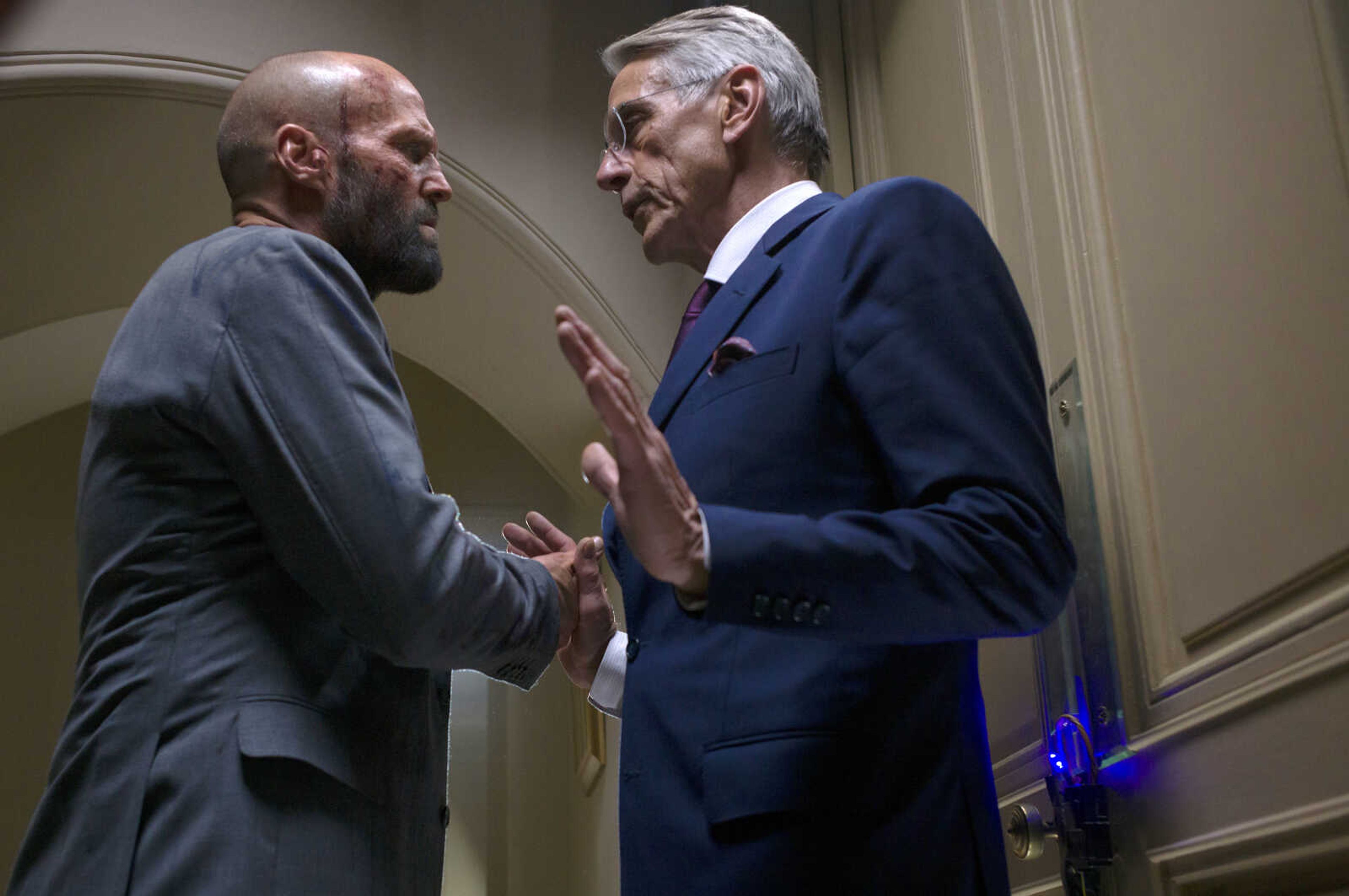U.S. films flood Havana festival even if directors have to stay home
HAVANA -- Washington's trade embargo bars almost all Americans from coming to Cuba -- but it can't keep U.S. films out. Twenty-one full-length U.S. movies and 22 experimental American shorts are being shown as part of Havana's international film festival, which runs through Friday at 23 movie theaters and video clubs across the city...
HAVANA -- Washington's trade embargo bars almost all Americans from coming to Cuba -- but it can't keep U.S. films out.
Twenty-one full-length U.S. movies and 22 experimental American shorts are being shown as part of Havana's international film festival, which runs through Friday at 23 movie theaters and video clubs across the city.
Most are independent flicks focusing on illegal immigration and the problems Latinos face in America, but movies by Hollywood heavyweights Brian De Palma and David Lynch are also being screened.
"You make an American film and you never expect it to be shown in Cuba," said Vivien Lesnik Weisman, a Cuban-American who will travel to Havana next week to present her documentary, "The Man of Two Havanas."
Finished prints of the U.S. films were sent to Cuba through Mexico or Canada, or through European distribution companies. But the U.S. government makes it quite difficult for American directors to present their work on the island.
De Palma's "Redacted," a fictional retelling of the real-life rape and murder of a teenage girl by U.S. soldiers, opened the festival at Havana's swank Karl Marx theater, but only after one of its Canadian producers read an apologetic statement blaming the director's absence on U.S. authorities.
"It seems my State Department could not offer me a visa," De Palma said.
Also showing is Lynch's powerful yet plot-devoid "Inland Empire."
Calls and e-mails to Lynch's representatives asking if he had sought permission from U.S. authorities to travel to Cuba weren't immediately returned.
The U.S. Treasury Department issues licenses allowing U.S. artists to travel to Cuba for public performances, but Bill Martinez, a San Francisco immigration attorney and producer, said there is reportedly a two-year backlog of performers seeking such permission.
"The numbers of U.S. [performers] are significantly down," Martinez said.
In Washington, a Treasury Department spokesman wouldn't comment on pending requests for licenses.
"Under current policy, individuals require a specific license to engage in travel-related transactions involving Cuba and additional transactions that are directly incident to participation in public performances and exhibitions," he said. "This policy extends to the Havana film festival."
Alfredo Guevara leads the organizing committee for the communist government-sponsored festival. He says they chose films designed to spotlight Hispanic communities in the United States, but did not otherwise seek out films made in America.
In all, the festival features more than 500 films from 14 countries. Brazil is the best-represented with 34 full-length movies, while Argentina, France, Spain and Mexico are also key contributors.
Other directors also blamed the visa delays for their absence. British director Wash Westmoreland said he won't be on-hand with his U.S. film "Quinceanera" because he didn't find out it would be shown in Havana until it was too late to get permission for his co-director Richard Glatzer to travel to Cuba.
Connect with the Southeast Missourian Newsroom:
For corrections to this story or other insights for the editor, click here. To submit a letter to the editor, click here. To learn about the Southeast Missourian’s AI Policy, click here.








